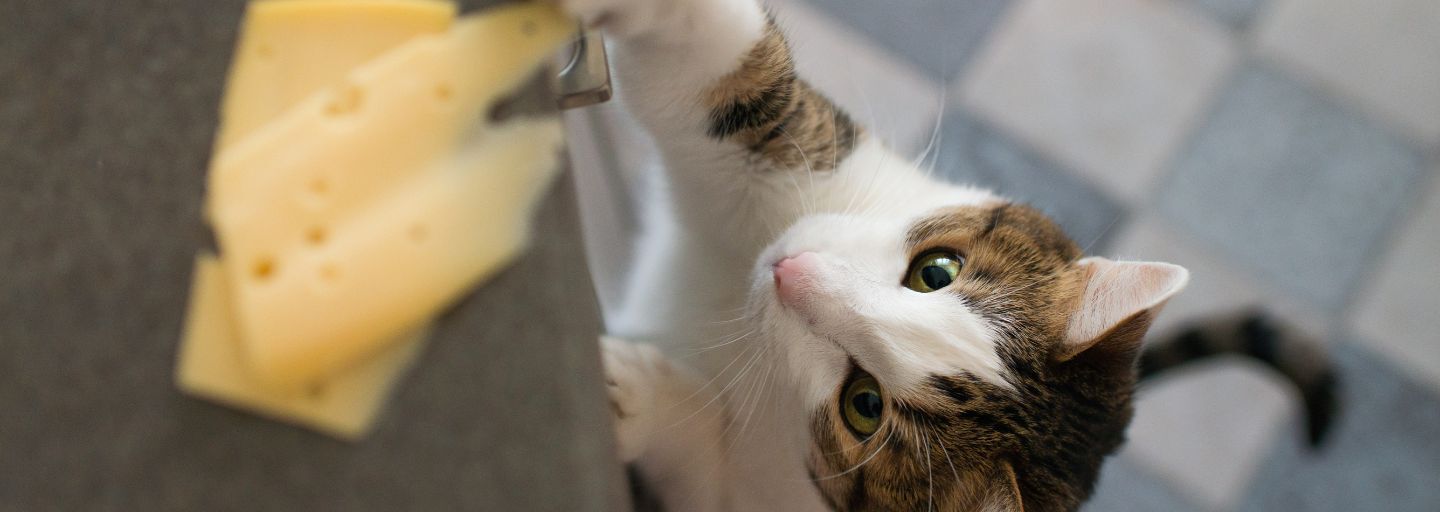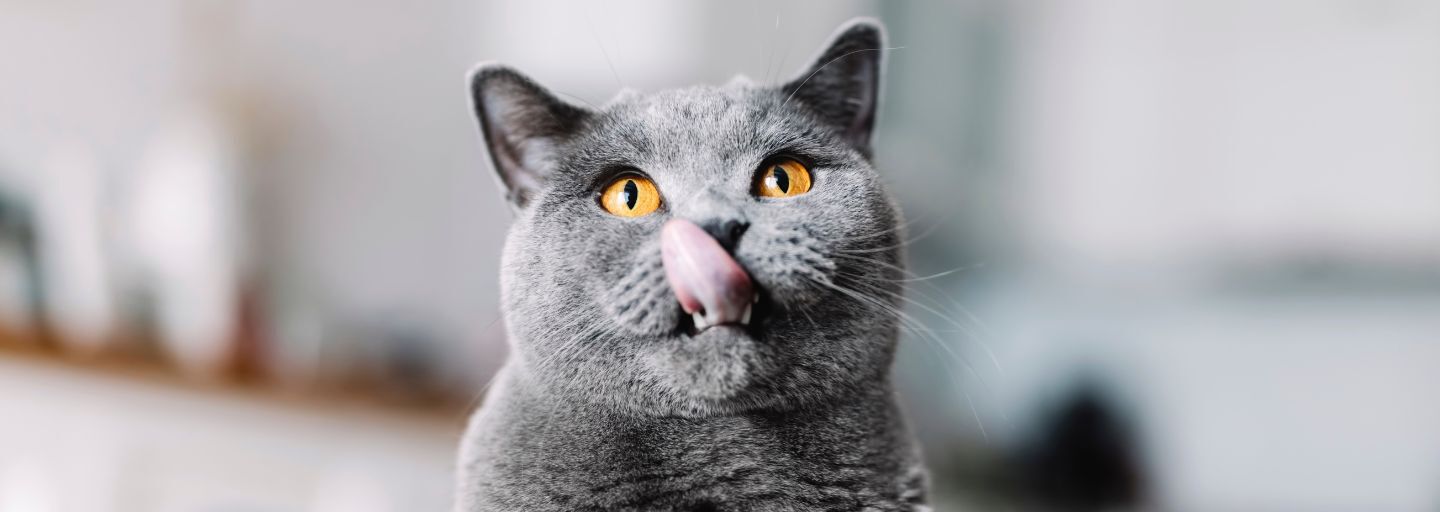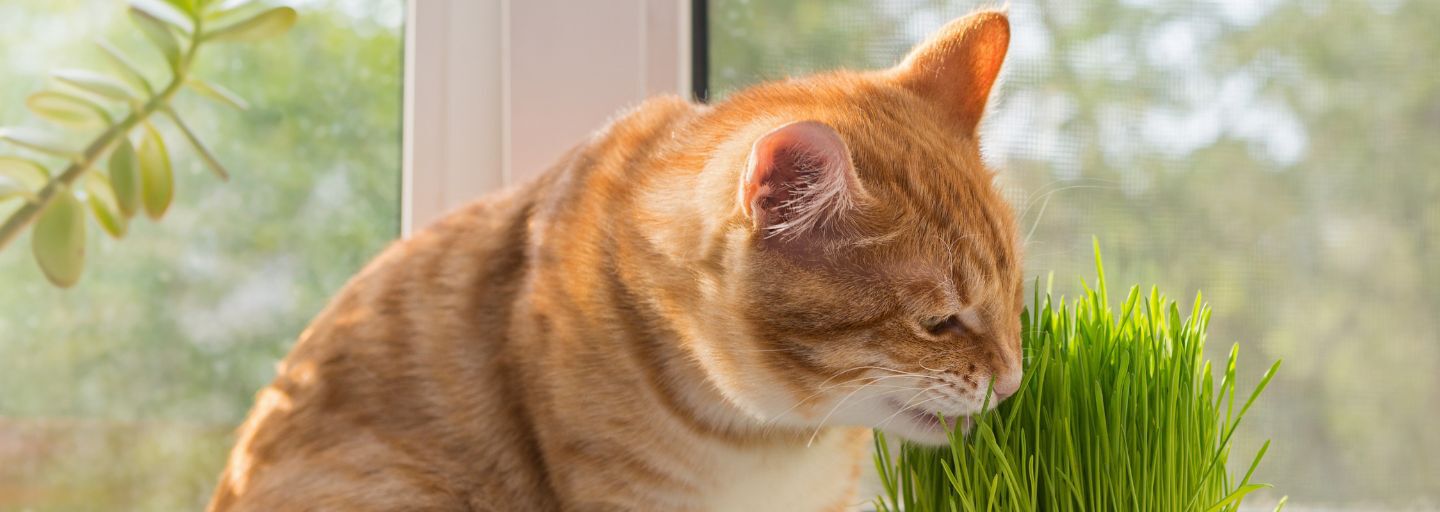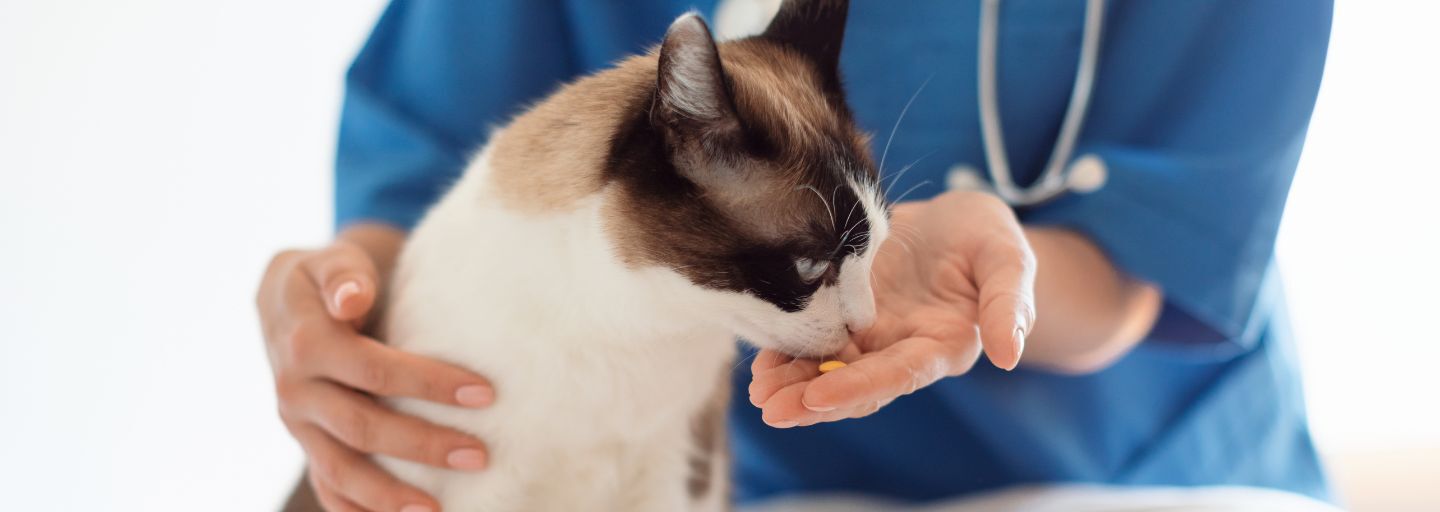As cat owners, we often find ourselves sharing our meals with our feline companions. Whether it's a slice of pizza or a cheesy snack, we may wonder if it's safe to indulge our cats in some cheesy goodness.
Understanding Cats' Dietary Needs
While cheese may be a favourite treat for many humans, it's important to note that cats have different dietary needs and digestive systems. Cats are obligatory carnivores, which means their bodies are designed to thrive on a diet primarily consisting of meat. Their nutritional requirements are cantered around high-quality animal protein, essential fatty acids, and specific vitamins and minerals.
Cheese concerns
When it comes to cheese, it can be a source of concern for cat owners due to a few reasons.
- Lactose Intolerance in Cats: Firstly, cheese is a dairy product, and many cats are lactose intolerant. Lactose is the sugar found in milk, and cats lack the enzyme lactase, which is necessary to break down lactose. As a result, consuming large amounts of dairy products like cheese can lead to digestive upset, including diarrhea, gas, and stomach discomfort. It is important to note that some cats may be more tolerant of lactose than others, but it is generally recommended to limit their intake of dairy products.
- High Fat Content: Another consideration when it comes to cats and cheese is the high-fat content of cheese. While cats require a moderate amount of fat in their diet, excessive fat intake can lead to weight gain and potential health issues such as pancreatitis. Cheese is often high in fat, so it should be given sparingly, if at all, to prevent these problems.
- Sodium Content: Furthermore, some types of cheese can be high in sodium, which is not suitable for cats. Excessive sodium intake can lead to dehydration and kidney problems. It's important to choose low-sodium options if you decide to offer cheese to your cat, and even then, it should be given in small quantities.
If you do decide to offer cheese to your cat…
- Cheese as an Occasional Treat: It's essential to consider it as an occasional treat rather than a regular part of their diet. Cheese should never replace their balanced and nutritionally complete cat food. It's crucial to prioritise their specific dietary needs and ensure they receive the necessary nutrients from their primary diet.
- Choose the Right Type of Cheese: Some cheeses, such as cheddar and Swiss, have lower lactose content compared to others. These types of cheese may be better tolerated by cats in small quantities. It is important to avoid giving your cat cheese that contains added ingredients like garlic, onions, or spices, as these can be toxic to cats.
- Introduce Cheese Gradually: When introducing cheese to your cat's diet, it is essential to do so gradually and in moderation. Start by offering a small piece of cheese and observe how your cat reacts. If there are no adverse effects, you can continue to offer small amounts as an occasional treat. Remember that cheese should never replace a balanced and nutritionally complete cat food diet.
- Consulting with a Veterinarian: Before introducing any new foods to your cat's diet, it's best to consult with your veterinarian. They can provide guidance based on your cat's individual needs and health condition. A veterinarian can assess any underlying conditions or sensitivities, advise on portion sizes and frequency, and recommend alternative treats.
While cats can technically eat cheese, it's not recommended to make it a regular part of their diet. Remember, every cat is unique, and what works for one may not work for another. As always, it's best to consult with your veterinarian before introducing any new foods to your cat's diet to ensure their health and well-being. By working together with your veterinarian, you can provide your cat with the best possible care and ensure that any treats, including cheese, are given in a safe and appropriate manner.







